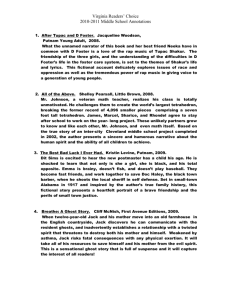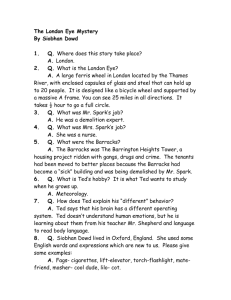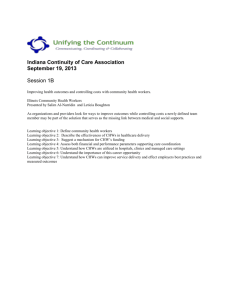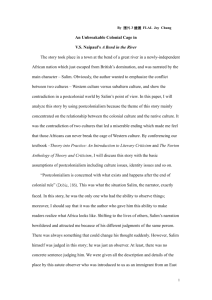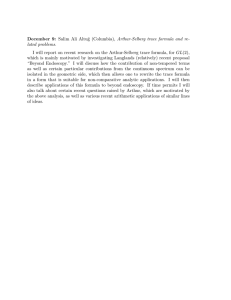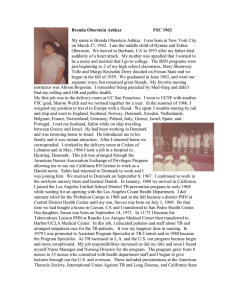Indonesian Food Giant Undergoes a Transformation as the Political Winds... Michael Vatikiotis. New York Times. (Late Edition (East Coast)). New... Nov 26, 2004. pg. C.4
advertisement
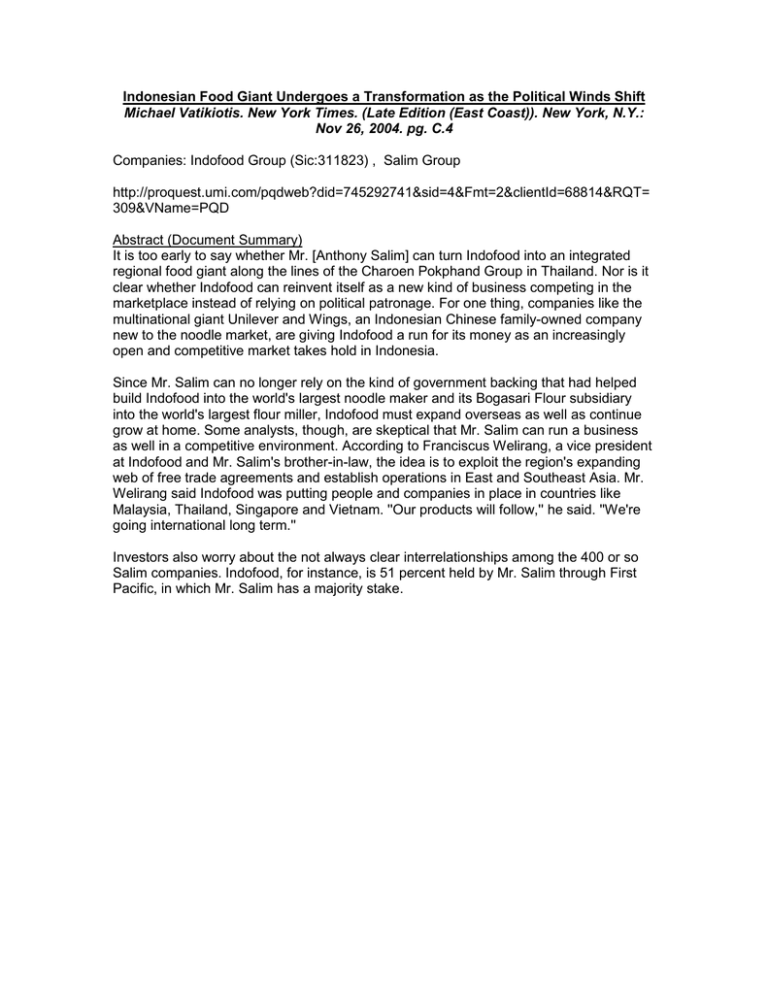
Indonesian Food Giant Undergoes a Transformation as the Political Winds Shift Michael Vatikiotis. New York Times. (Late Edition (East Coast)). New York, N.Y.: Nov 26, 2004. pg. C.4 Companies: Indofood Group (Sic:311823) , Salim Group http://proquest.umi.com/pqdweb?did=745292741&sid=4&Fmt=2&clientId=68814&RQT= 309&VName=PQD Abstract (Document Summary) It is too early to say whether Mr. [Anthony Salim] can turn Indofood into an integrated regional food giant along the lines of the Charoen Pokphand Group in Thailand. Nor is it clear whether Indofood can reinvent itself as a new kind of business competing in the marketplace instead of relying on political patronage. For one thing, companies like the multinational giant Unilever and Wings, an Indonesian Chinese family-owned company new to the noodle market, are giving Indofood a run for its money as an increasingly open and competitive market takes hold in Indonesia. Since Mr. Salim can no longer rely on the kind of government backing that had helped build Indofood into the world's largest noodle maker and its Bogasari Flour subsidiary into the world's largest flour miller, Indofood must expand overseas as well as continue grow at home. Some analysts, though, are skeptical that Mr. Salim can run a business as well in a competitive environment. According to Franciscus Welirang, a vice president at Indofood and Mr. Salim's brother-in-law, the idea is to exploit the region's expanding web of free trade agreements and establish operations in East and Southeast Asia. Mr. Welirang said Indofood was putting people and companies in place in countries like Malaysia, Thailand, Singapore and Vietnam. ''Our products will follow,'' he said. ''We're going international long term.'' Investors also worry about the not always clear interrelationships among the 400 or so Salim companies. Indofood, for instance, is 51 percent held by Mr. Salim through First Pacific, in which Mr. Salim has a majority stake.
